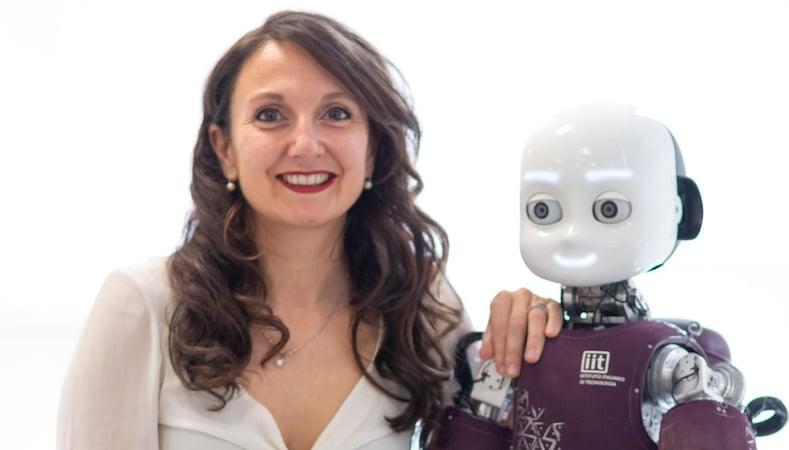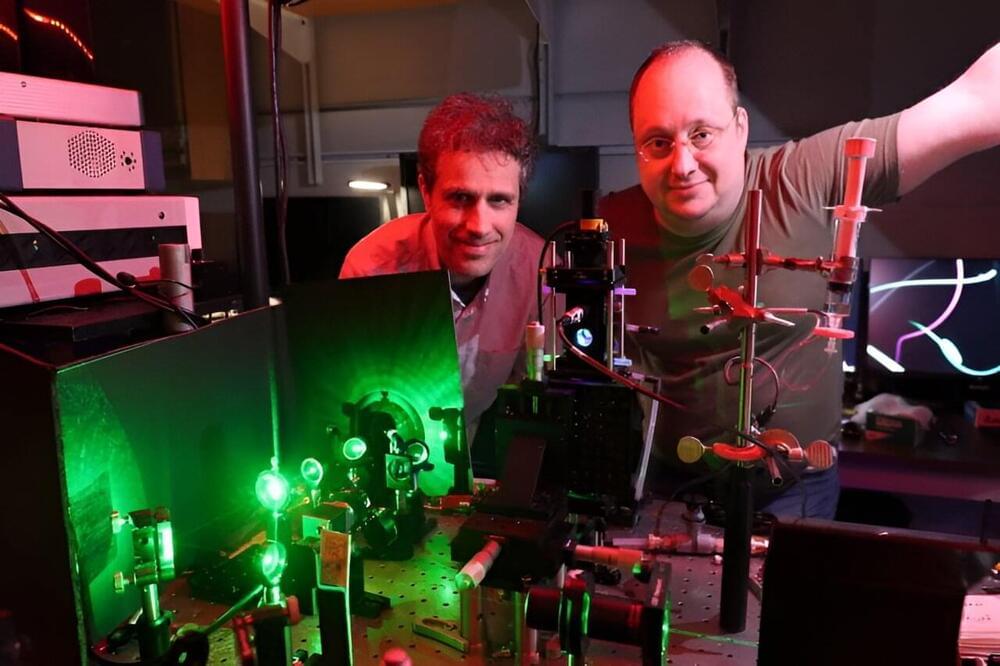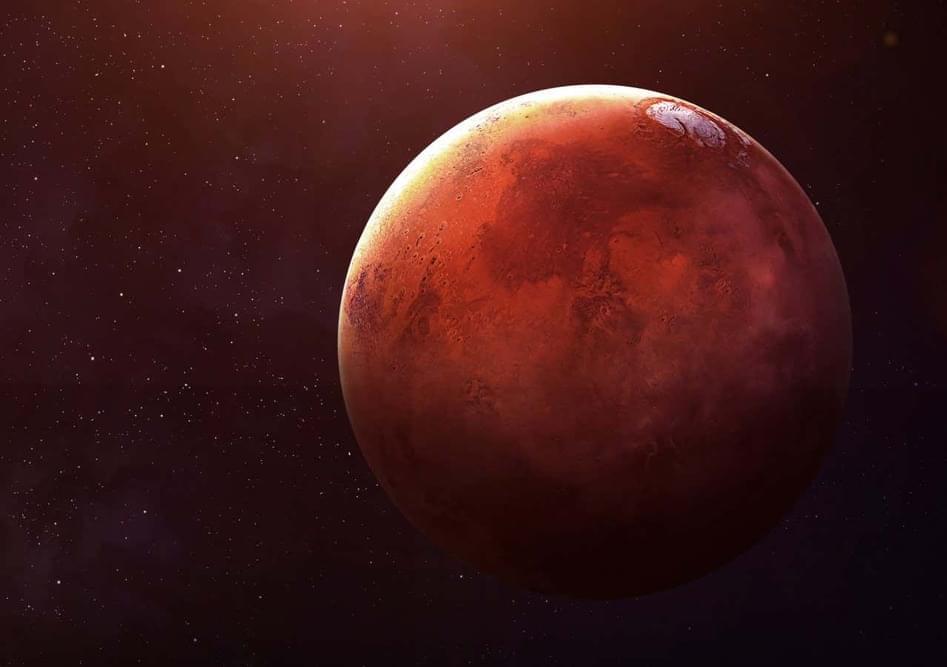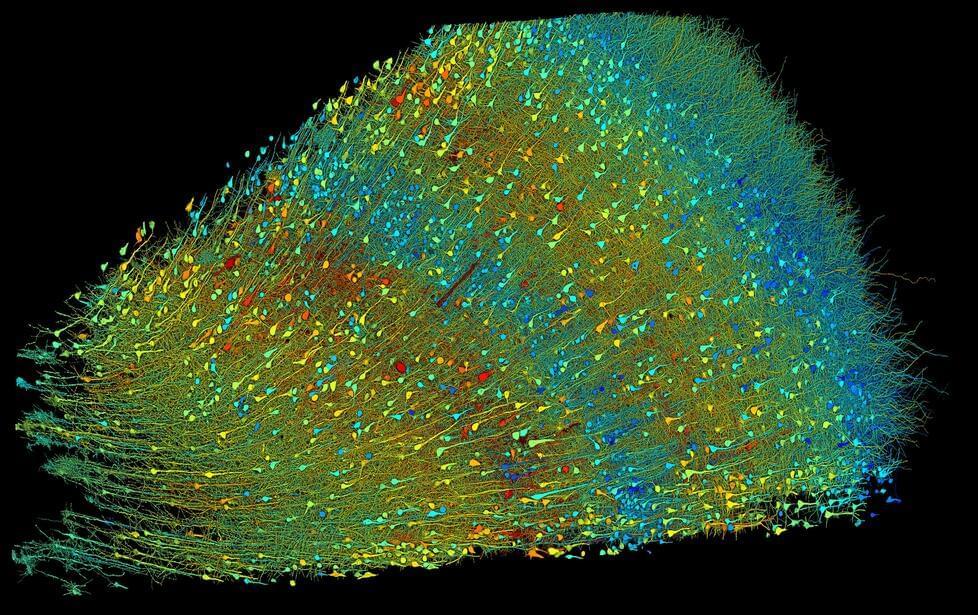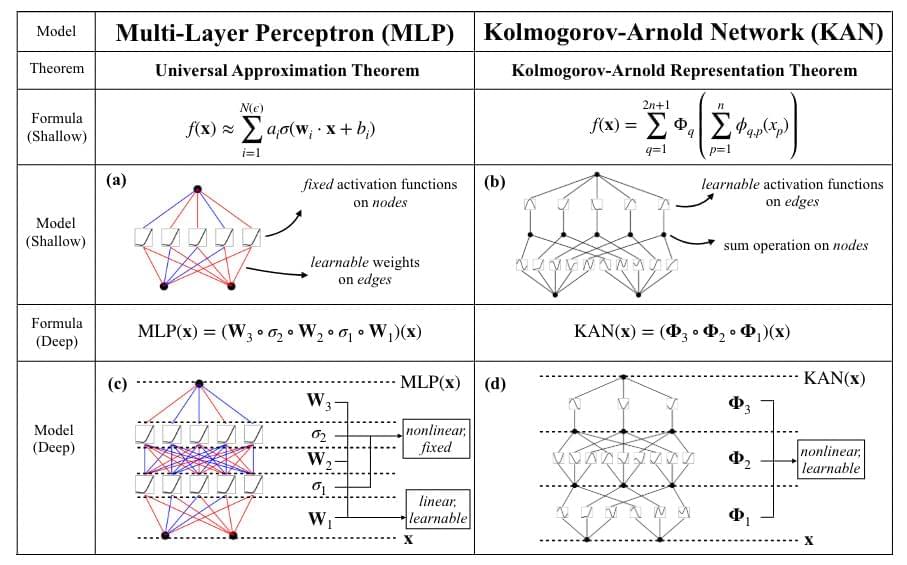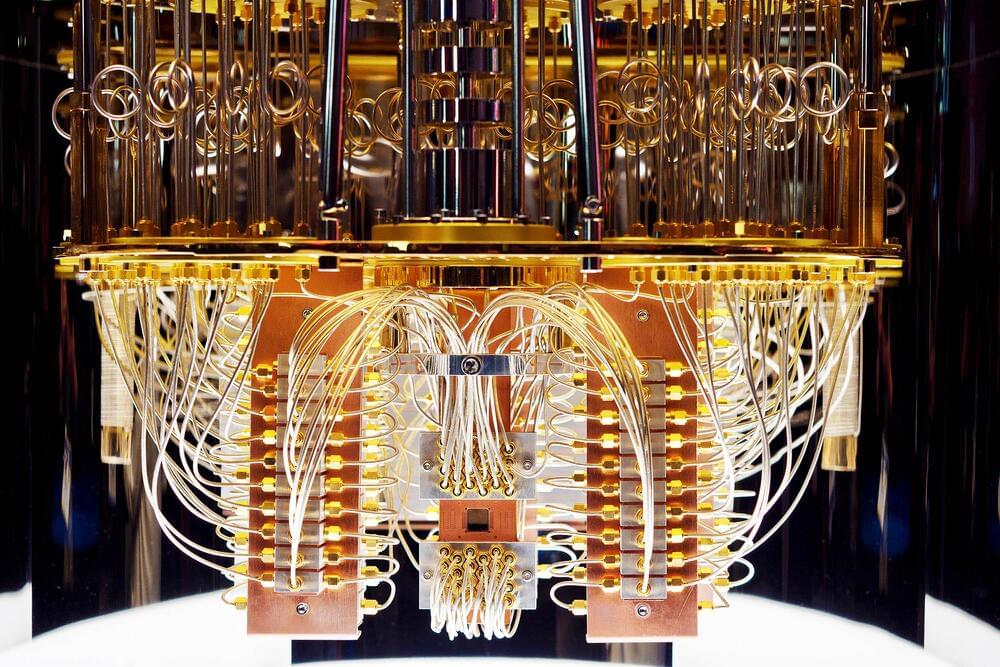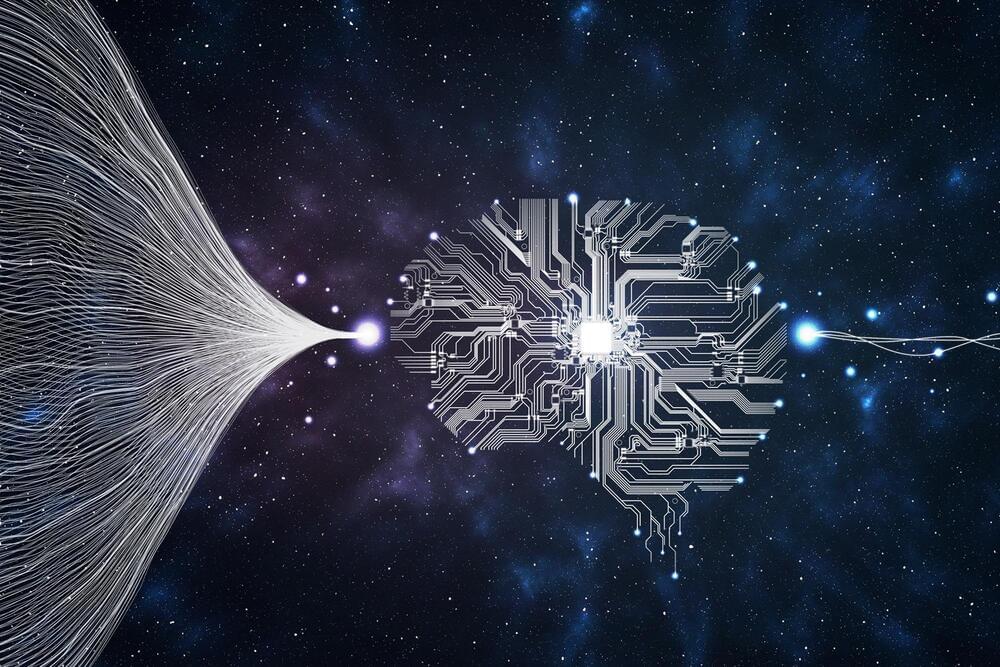Some people, like Sam Harris, say that science has values of its own. According to him, even a statement like “Water is two parts hydrogen and one part oxygen” is value-laden. But I don’t think that it is value-laden, it is simply a factual statement. Perhaps demonstrating that statement to be true requires values, but that statement by itself is true whatever your values are. So, then, what have professional philosophers (besides Sam Harris) written or said about this matter, of whether science is value-free, and also whether even basic scientific statements are value-free?
Page 3
May 13, 2024
A Q&A With Renowned Neuromorphic Chip Designer Chiara Bartolozzi
Posted by Dan Breeden in category: robotics/AI
For our final feature celebrating Women’s History Month, we interviewed Chiara Bartolozzi, a senior researcher moving the needle in neuromorphic engineering.
Every year for Women’s History Month, All About Circuits spotlights the contributions of distinguished women engineers worldwide. For this article, we interviewed Chiara Bartolozzi, a senior researcher and neuromorphic chip expert at the Italian Institute of Technology (IIT).
Since earning a degree in engineering from the University of Genova and a Ph.D. in neuroinformatics from ETH Zurich, Bartolozzi has led important research in neuromorphic engineering. She also helped design iCub, a toddler-sized humanoid robot developed at IIT that serves as a robotics testbed worldwide.
May 13, 2024
Inside the bizarre world of quantum computing
Posted by Dan Breeden in categories: computing, quantum physics
It’s mind-bending tech that could soon transform our lives. What do qubits and cats have to do with it?
May 13, 2024
Research team discovers new property of light
Posted by Dan Breeden in categories: computing, solar power, sustainability
A research team headed by chemists at the University of California, Irvine has discovered a previously unknown way in which light interacts with matter, a finding that could lead to improved solar power systems, light-emitting diodes, semiconductor lasers and other technological advancements.
May 13, 2024
Mars is blasting plasma out of its atmosphere into space
Posted by Dan Breeden in category: space
The Red Planet launches large bursts of plasma into space from its upper atmosphere, much like the sun’s coronal mass ejections, despite not having a global magnetic field.
By Alex Wilkins
May 13, 2024
Scientists Imaged and Mapped a Tiny Piece of Human Brain. Here’s What They Found
Posted by Dan Breeden in categories: biotech/medical, computing, food, neuroscience
Researchers have made a digital map showing a tiny chunk of a human brain in unprecedented detail.
Based on a brain tissue sample that had been surgically removed from a person, the map represents a cubic millimeter of brain—an area about half the size of a grain of rice. But even that tiny segment is overflowing with 1.4 million gigabytes of information—containing about 57,000 cells, 230 millimeters of blood vessels and 150 million synapses, the connections between neurons.
The researchers published their findings in the journal Science on Friday. They have made the data set freely available online and provided tools for analyzing and proofreading it.
Gary Marcus’ book Kluge is about the human brain and its workings. And I have been interested in how the brain works since my undergratuate days at Allegheny College working with Pete Elias and researching the learning of mice (1968) and especially into my doctoral work with Dick King at UNC-Chapel Hill. I actually think there is only modest improvement in some aspects of what we have learned about the brain since I graduated in 1977.
But we have come a long way… In ancient Greece, thinkers like Hippocrates and Aristotle grappled with the nature of the mind and its connection to the brain. While Hippocrates believed that the brain was the seat of intelligence and consciousness, Aristotle argued that the heart was the center of reason and emotion, with the brain serving merely as a cooling mechanism. We now know that the brain actually does have some impacts on thinking for most people. (grin)
I thought to share the AI book summary produced by Perplexity when I asked it to summarize the main ideas about how the brain evolved to produce this thing we can consciousness… I slightly edited the output. As Spock would say, “Fascinating.”
May 13, 2024
Kolmogorov-Arnold Networks: the latest advance in Neural Networks, simply explained
Posted by Dan Breeden in category: robotics/AI
May 13, 2024
Quantum computing takes a giant leap with breakthrough discovery • Earth
Posted by Paul Battista in categories: computing, quantum physics
Scientists have produced an enhanced, ultra-pure form of silicon that allows the construction of high-performance qubit devices. This fundamental component is crucial for paving the way towards scalable quantum computing.
The finding, published in the journal Communications Materials – Nature, could define and push forward the future of quantum computing.
The research was led by Professor Richard Curry from the Advanced Electronic Materials group at The University of Manchester, in collaboration with the University of Melbourne in Australia.
May 13, 2024
Revolutionary AI Device Mimics Human Brain With Few-Molecule Computing
Posted by Paul Battista in categories: biotech/medical, robotics/AI
A collaborative research team from NIMS and Tokyo University of Science has successfully developed a cutting-edge artificial intelligence (AI) device that executes brain-like information processing through few-molecule reservoir computing. This innovation utilizes the molecular vibrations of a select number of organic molecules. By applying this device for the blood glucose level prediction in patients with diabetes, it has significantly outperformed existing AI devices in terms of prediction accuracy.
With the expansion of machine learning applications in various industries, there’s an escalating demand for AI devices that are not only highly computational but also feature low-power consumption and miniaturization. Research has shifted towards physical reservoir computing, leveraging physical phenomena presented by materials and devices for neural information processing. One challenge that remains is the relatively large size of the existing materials and devices.

